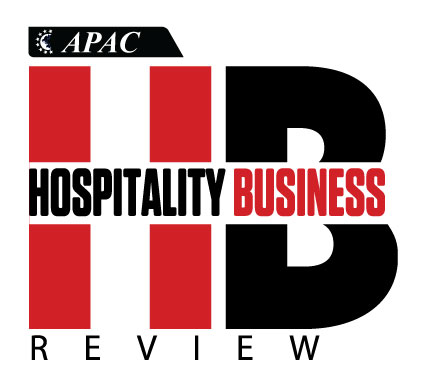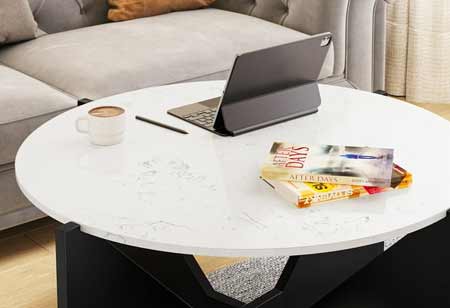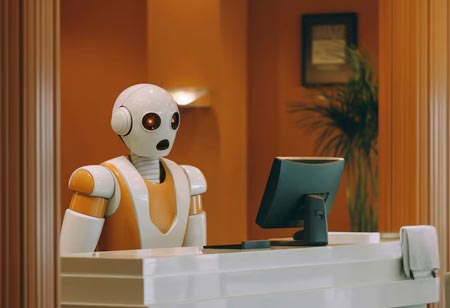Thank you for Subscribing to Hospitality Business Review Weekly Brief
Seamless Hotel Management with Property Management Systems
Hospitality Property Management Systems (PMS) are the cornerstone of efficient hotel operations, unifying various core functions of a hotel's front desk and back office into one comprehensive software system.

By
Hospitality Business Review | Wednesday, January 03, 2024
Stay ahead of the industry with exclusive feature stories on the top companies, expert insights and the latest news delivered straight to your inbox. Subscribe today.
A robust PMS is an indispensable asset for the hospitality industry. It streamlines operations, enhances guest services, and empowers hoteliers to make data-driven decisions.
FREMONT, CA: Hospitality Property Management Systems (PMS) are the cornerstone of efficient hotel operations, unifying various core functions of a hotel's front desk and back office into one comprehensive software system. The PMS serves as the central nervous system of a hotel, coordinating reservations, availability, payments, and reporting in real-time.
The primary function of a PMS is to provide a centralized platform for managing a hotel's daily operations. This includes handling reservations, checking room availability, processing payments, and generating essential reports. A well-implemented PMS simplifies front office tasks, such as guest check-in and check-out, and allows staff to make adjustments to reservations swiftly. Moreover, some PMS systems offer back-office functionalities, enabling hoteliers to manage housekeeping and maintenance schedules efficiently.
In a fast-paced and competitive industry, PMS software plays a pivotal role in ensuring that hoteliers can stay on top of the crucial metrics required to run their businesses effectively. As the heart of hotel technology, a PMS directly influences the integration of other systems that hotels use to manage their operations, making it a critical decision for property owners. While the features and functionalities of PMS software offered by various vendors tend to overlap significantly, the design and usability are distinguishing factors. An intuitive user interface, complemented by an easily navigable dashboard, significantly contributes to the adoption of the system by employees. A well-designed PMS reduces training time, enhances user experience, and boosts employee morale, fostering a more efficient work environment.
Customization is another essential feature to look for in a PMS. A customizable dashboard allows hoteliers to tailor the system to reflect their property's most critical metrics. Whether it's a personalized dashboard for management or a shared tool for the entire team, it can be a motivating factor and a valuable resource for real-time decision-making. It is imperative to control user access in a PMS, particularly when it comes to safeguarding guest privacy and ensuring payment processing security. The system should offer robust access controls to limit sensitive guest information to authorized personnel only. Additionally, having an audit trail to track potential unauthorized access is vital in maintaining the integrity and security of the system.
In the context of today's interconnected hotel technology landscape, it's essential to visualize how the PMS connects to other components. Mapping out these connections helps align your team, identify any overlooked needs, and optimize the entire system. PMS software should seamlessly integrate with other critical components such as channel managers, booking engines, online travel agents (OTAs), point-of-sale (POS) systems, and mobile devices to manage room inventory, pricing, and distribution effectively.
Cloud-based functionality, real-time occupancy data, automation, and revenue management capabilities are features to consider when assessing PMS solutions. Scalability and flexibility are also crucial aspects to evaluate, ensuring that the PMS can adapt to your evolving needs and growth plans.







